IT and Technology-Based Multi-State Cooperatives: A Modern Business Model

When we talk about cooperatives in India, most people think of milk societies, farming groups, or housing collectives. But there’s a quiet shift happening—right in front of us. A new kind of cooperative is emerging, one that doesn’t deal with cows, crops, or cement, but with code, cloud, and connectivity. Welcome to the world of IT and technology-based Multi-State Cooperative Societies—a powerful, inclusive model that’s redefining what collective entrepreneurship can look like.
And yes, this shift is not just a buzzword. It’s being implemented, structured, and guided by firms like Cooperative Bhavan, a leading MSCS project builder in Kerala, known for helping youth, professionals, and community groups turn their tech skills into registered multi-state cooperatives.
Let’s unpack what makes this model different—and more importantly, how you can build one yourself.
What Is a Technology-Based Multi-State Cooperative Society?
Let’s keep it simple. A technology-based Multi-State Cooperative Society is a legally registered cooperative entity that operates across state lines and works in the field of IT, software development, digital services, BPO, or tech-enabled training. It’s registered under the Multi-State Cooperative Societies Act, 2002, and guided by the Central Registrar under the Ministry of Cooperation.
Unlike a private company, this model gives equal ownership and shared profits to all its members—who could be coders, designers, trainers, freelancers, or even startups—spread across different states.
Why This Model Works for India
We are a country with two truths running side by side:
- Abundant digital talent in smaller towns and rural areas
- Unequal access to startup funding, tech opportunities, and job security
This is where multi-state IT cooperatives step in. They allow young professionals—say, a team of five developers in Kozhikode and another in Nagpur—to legally come together and form a cooperative unit. They can offer services like:
- Website & App Development
- Digital Marketing & SEO
- AI/ML Solutions
- Cloud & DevOps Support
- Online Training & EdTech Services
- Rural BPO / Data Entry Projects
- e-Governance & Civic Tech Tools
All this—under a registered, compliant cooperative model that spans multiple states, not just one village or district.
What You Need to Start One
Here’s a practical breakdown of what you’ll need:
1. At least 55 members from two or more states
Or, you can start with two registered cooperatives from different states joining together.
2. Clear tech-based business plan
Whether it’s a software service, app idea, or online platform—your proposal should clearly show how you plan to operate and generate income.
3. Bye-laws that reflect tech operations
Most old bye-law templates are for agriculture or dairy—so you’ll need expert help to draft bye-laws that include digital services, remote work policies, and data security.
4. Registration with the Central Registrar
This is where many teams get stuck. You have to approach the Central Government for multi-state society registration, not your local registrar. That means dealing with specific documentation, banking norms, and project planning.
This is exactly what firms like Cooperative Bhavan help you with. From multi-state society registration in India to compliance drafting, their team ensures you don’t miss any legal steps.
Advantages Over Private Startups
Let’s be honest. Not everyone wants to—or can—raise venture capital. Most small tech teams need:
- A legal, compliant structure
- Equal ownership without hierarchy
- Access to government schemes
- Trust in the eyes of clients
Multi-State Cooperatives provide just that. Here’s how they stand out:
| Feature | Private Startup | Multi-State Cooperative |
| Ownership | Founders + investors | All registered members |
| Profit Distribution | Equity holders | Members equally |
| Legal Structure | MCA (Companies Act) | Central MSCS Act, 2002 |
| Inclusivity | Often limited | Democratic, people-first |
| Support for Rural Teams | Low | High |
If you want to build tech for people, by people, the cooperative route is worth considering.
How Cooperative Bhavan Supports Your Journey
Starting a tech-based MSCS is not plug-and-play. You need someone who’s walked the path. That’s where Cooperative Bhavan comes in.
Here’s what they bring to the table:
- ✅ Personalized consultation for your tech model
- ✅ Bye-law drafting specific to IT and digital services
- ✅ Full support for Multi-State Cooperative Society registration in Kerala and across India
- ✅ Guidance on bank accounts, audit norms, and member roles
- ✅ Post-registration hand-holding for scaling projects
They’re not just one of many multi-state consulting firms in India—they’re a specialist MSCS project builder in Kerala, trusted by youth groups, NGOs, and cooperative startups alike.
Final Thoughts
The idea of a technology-based Multi-State Cooperative Society might seem new, but it’s deeply aligned with India’s cooperative values—shared ownership, democratic control, and grassroots impact.
If you’re a developer, designer, freelancer, or trainer tired of working solo or chasing unstable gigs, this model could offer you community + legality + sustainability.
And with expert support from Cooperative Bhavan, the entire process—from paperwork to project launch—can be done the right way.

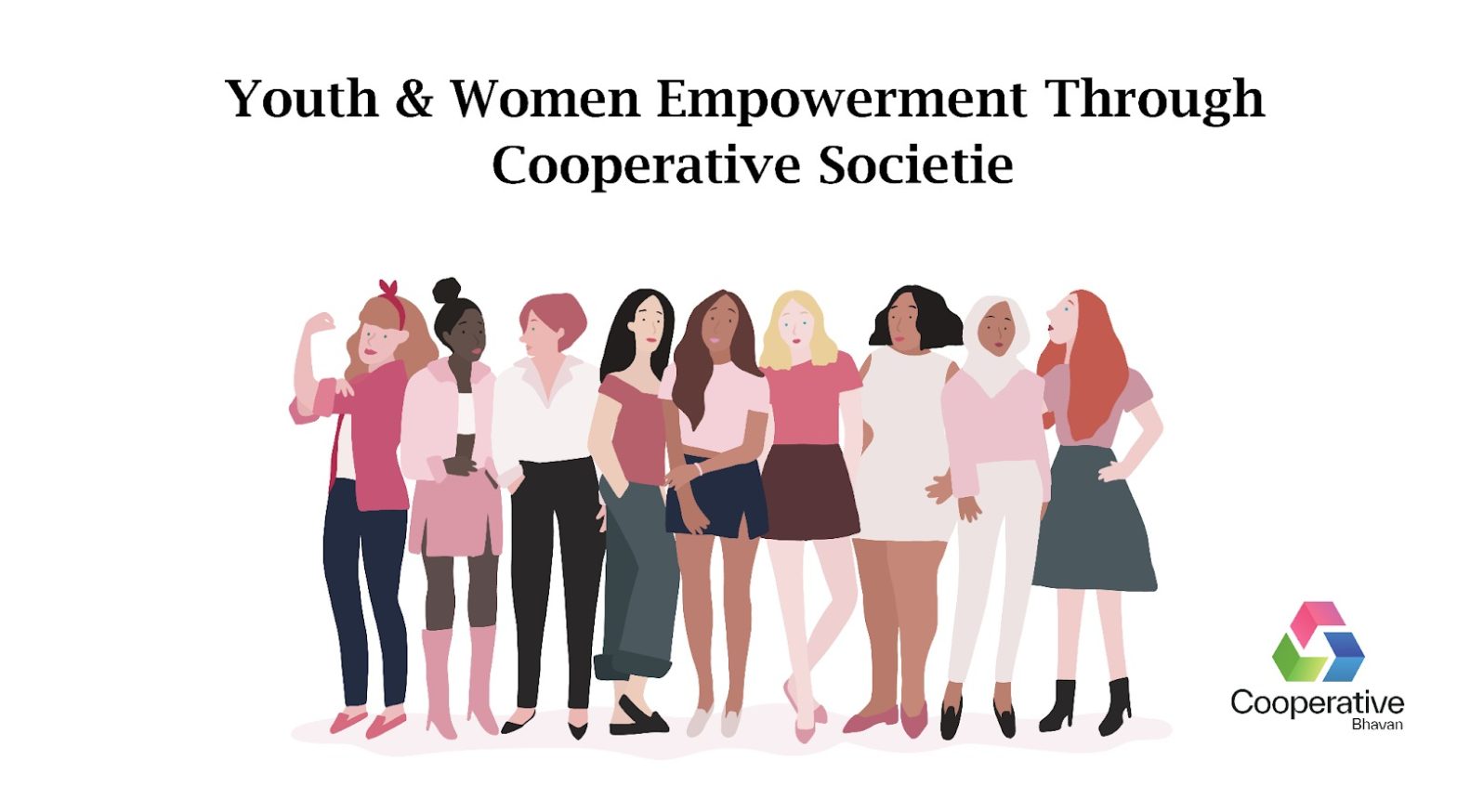



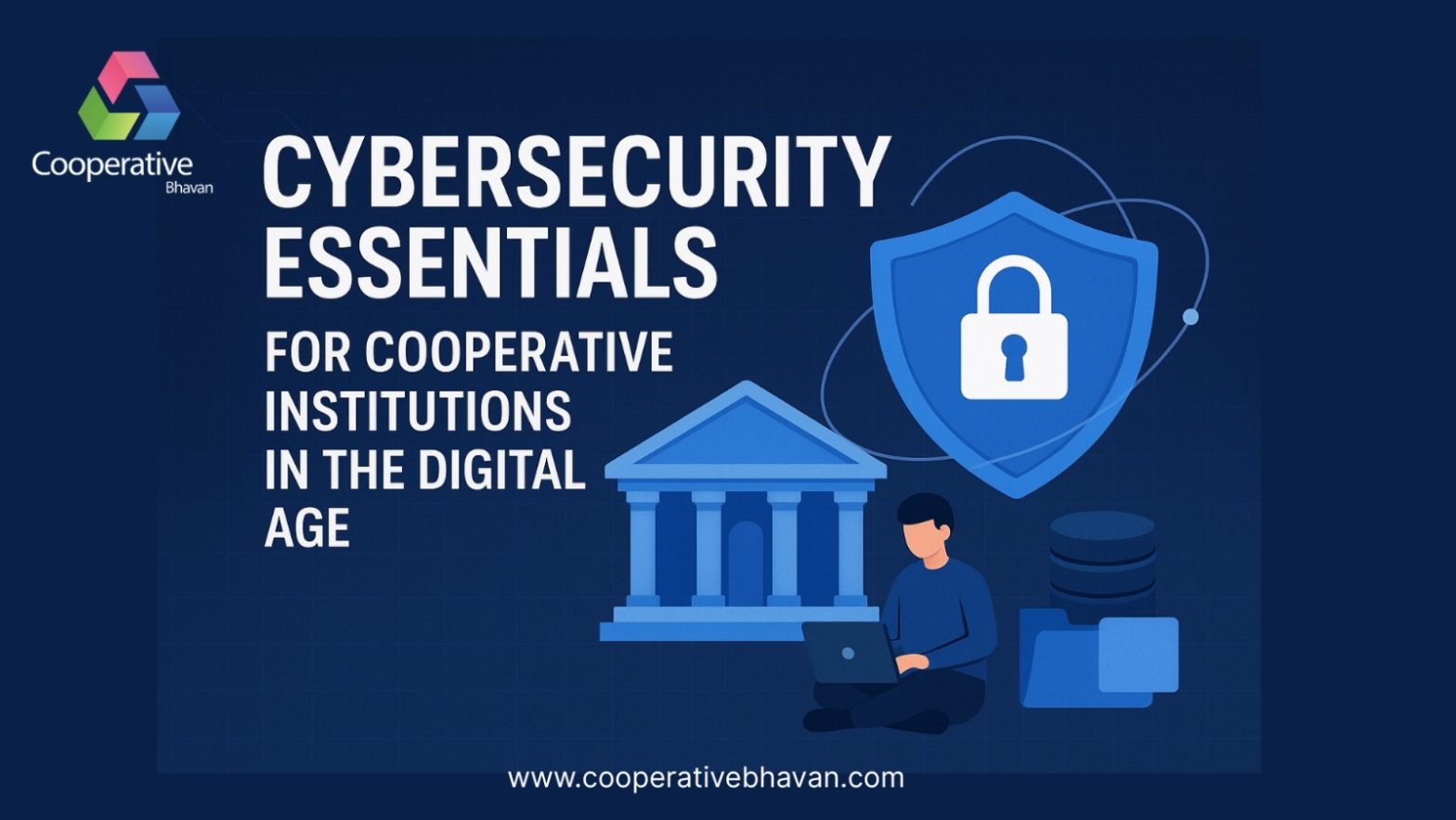



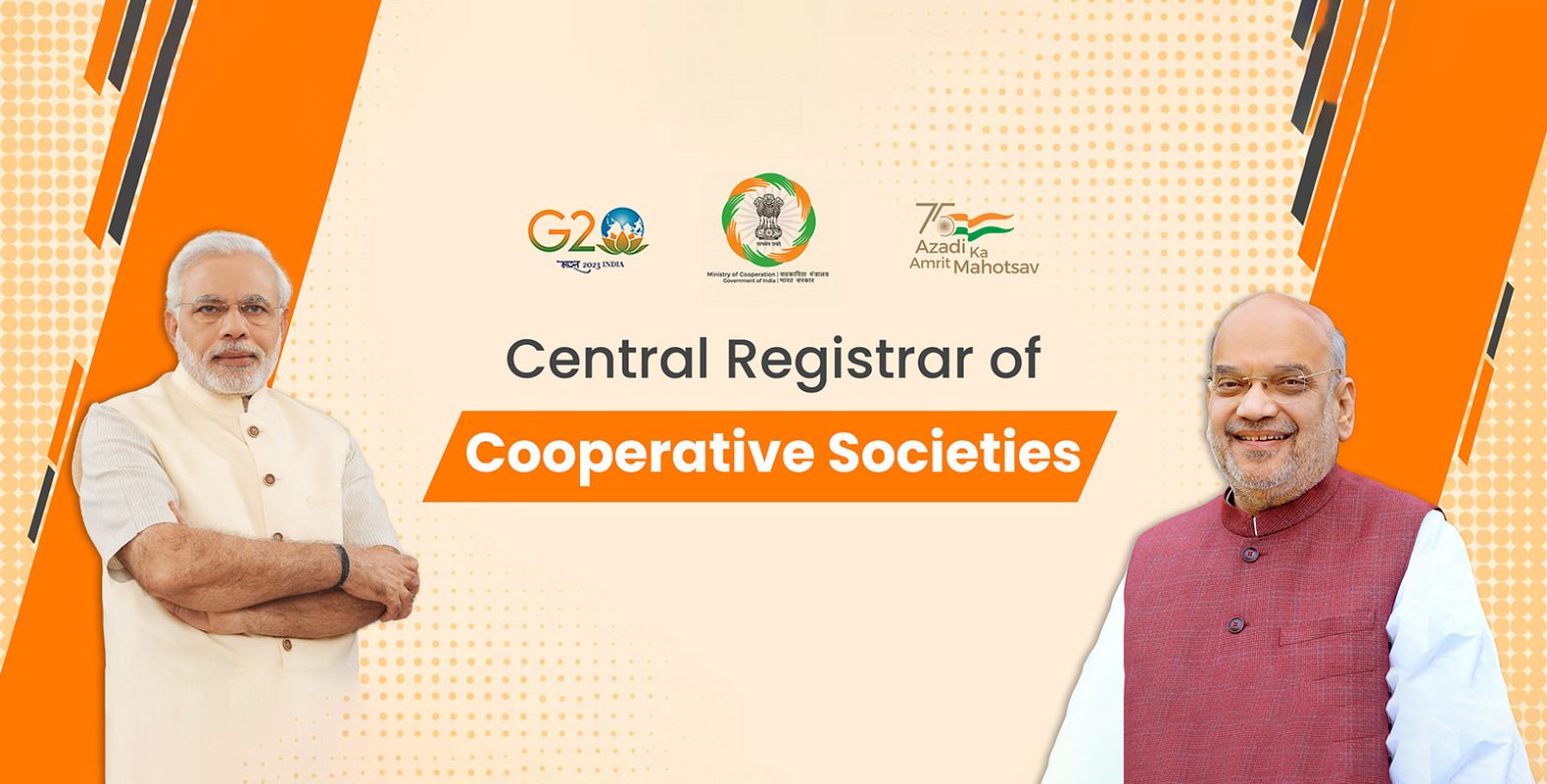




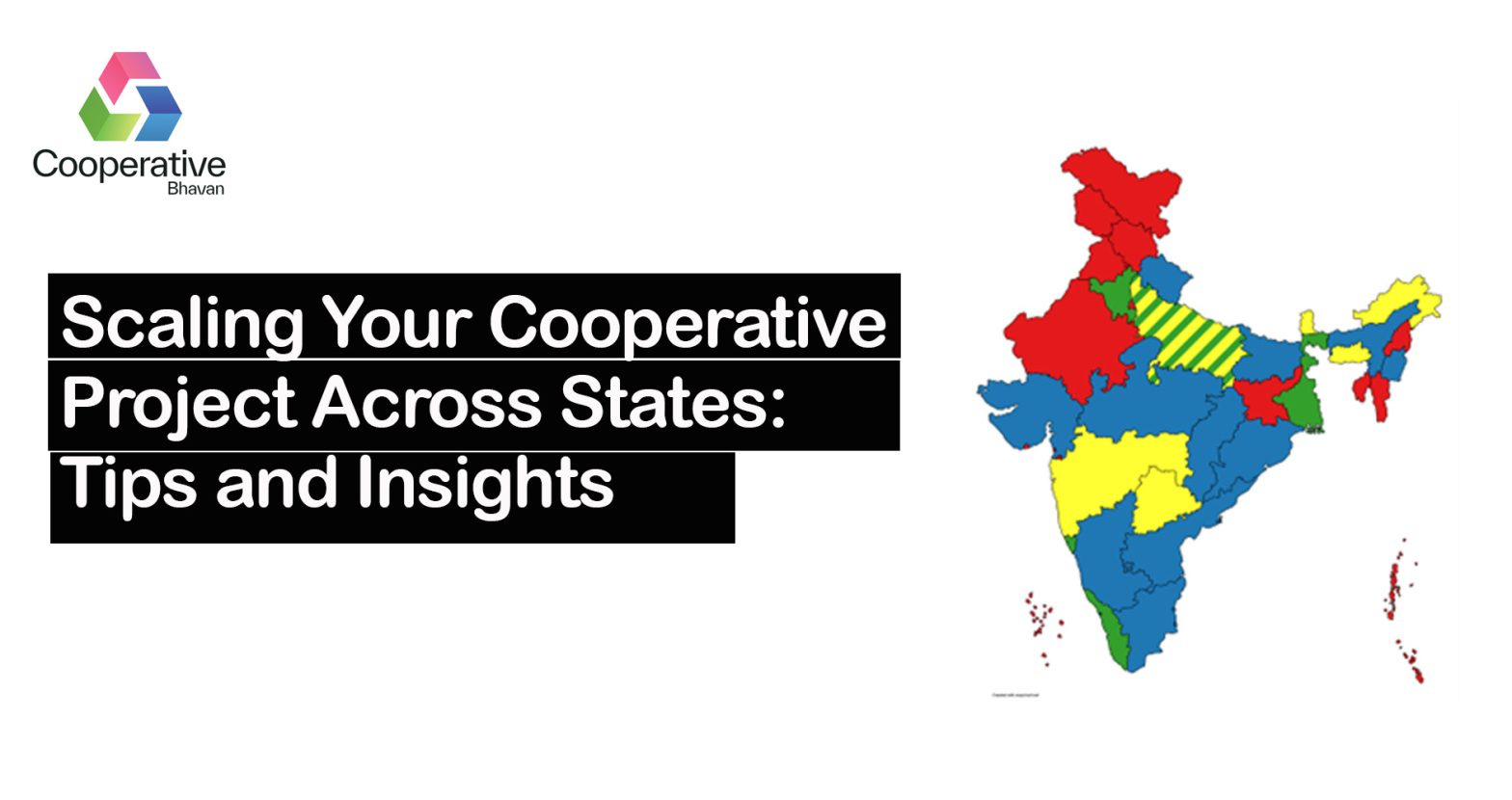
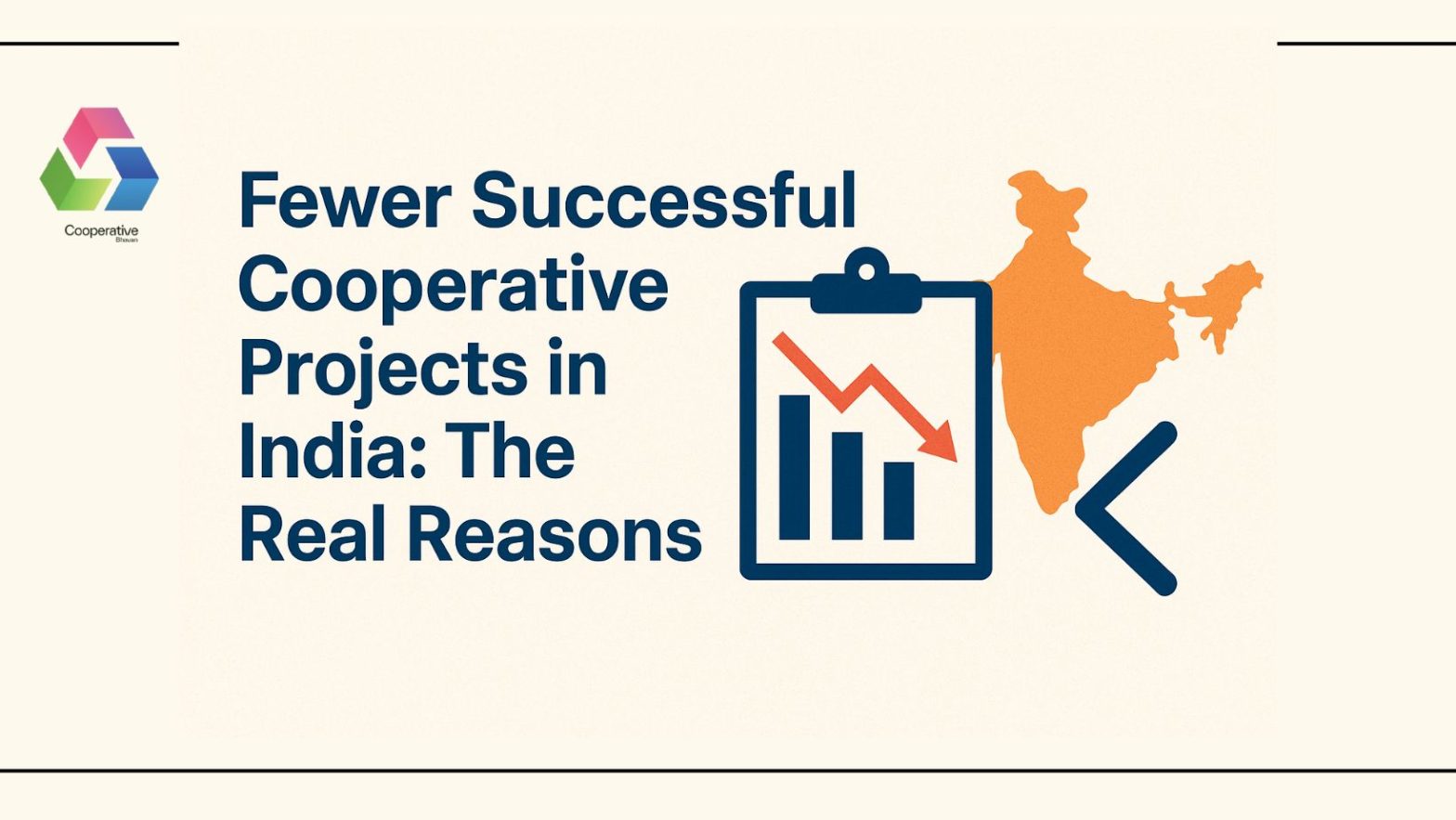


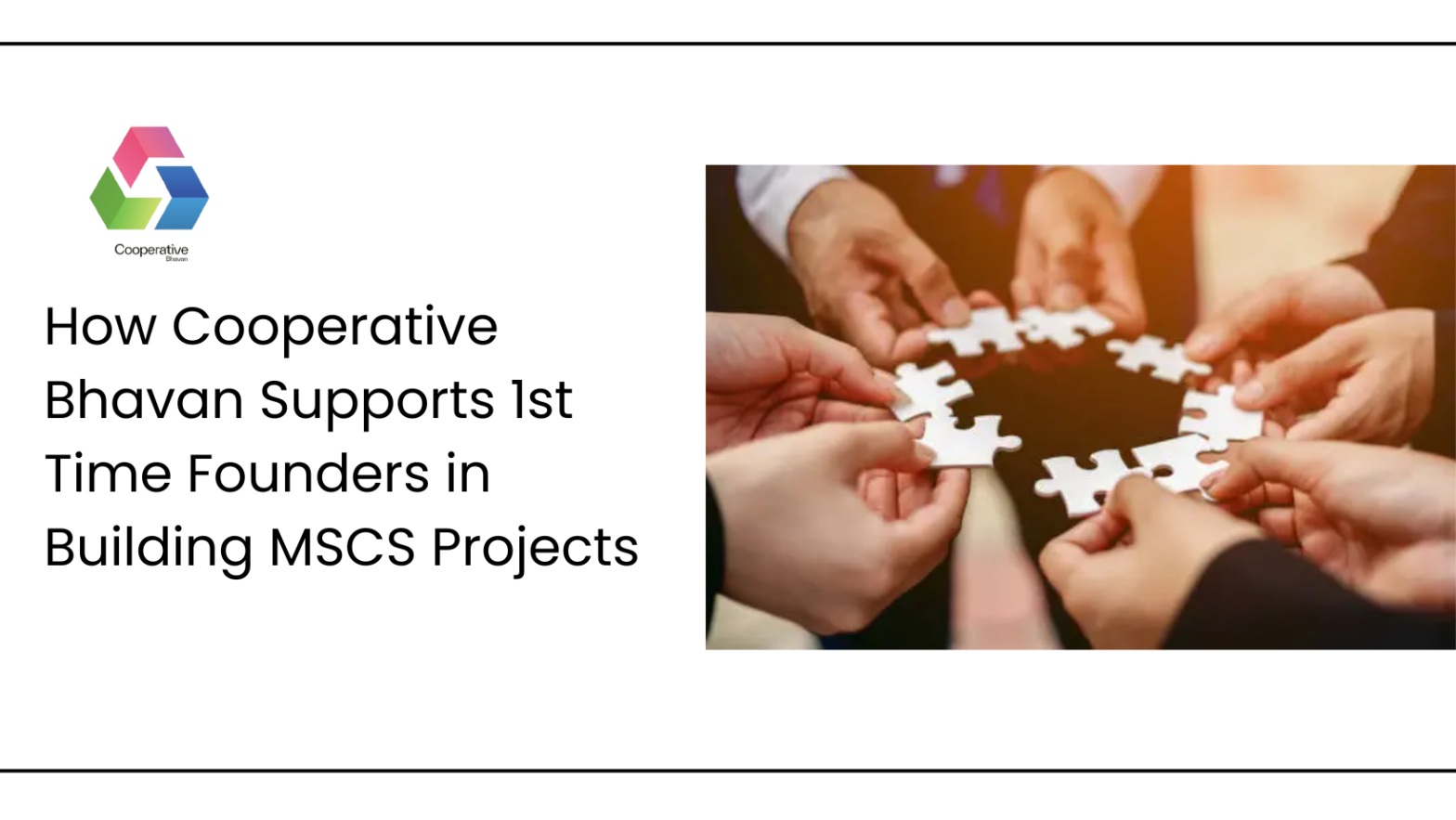


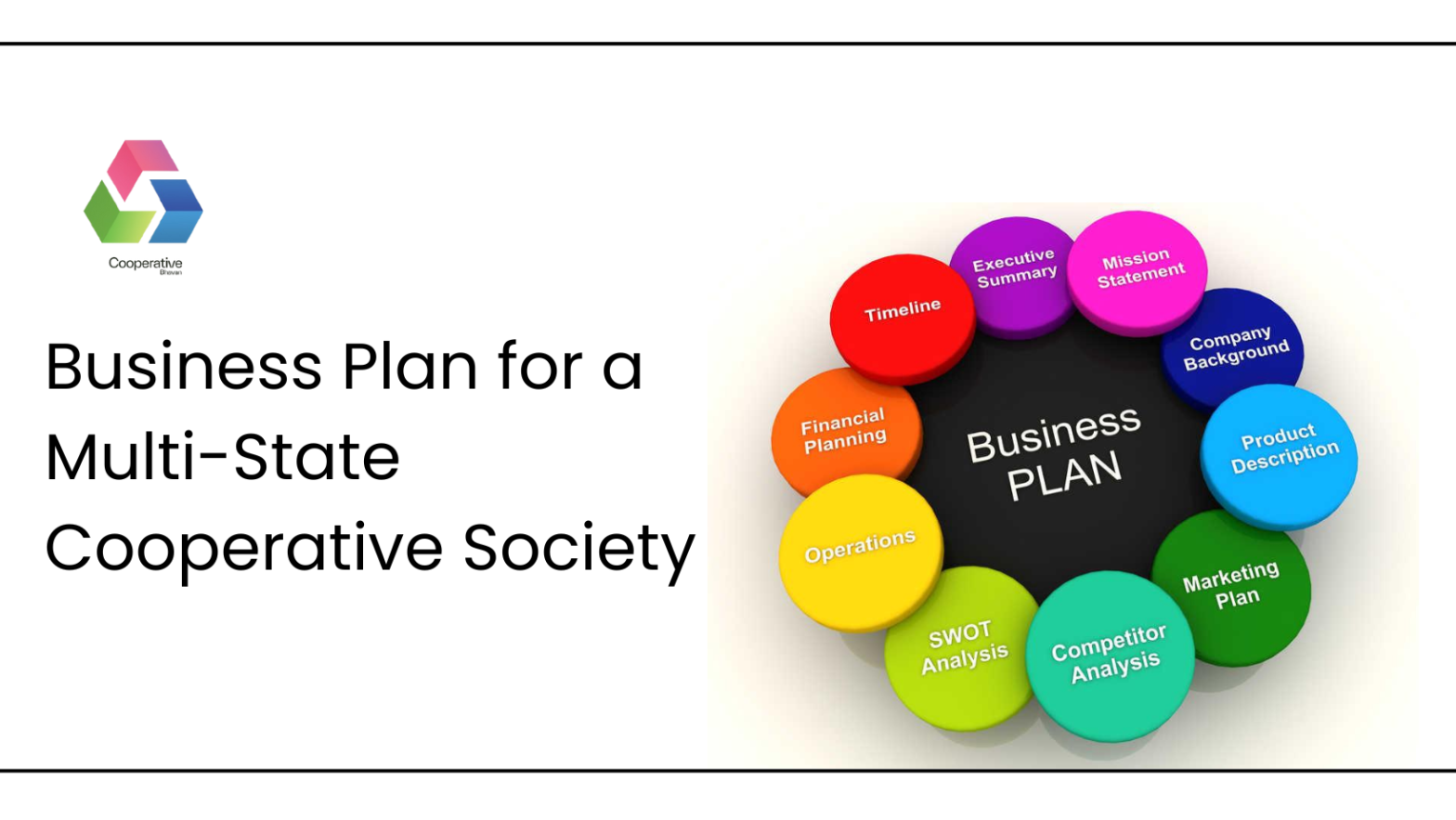


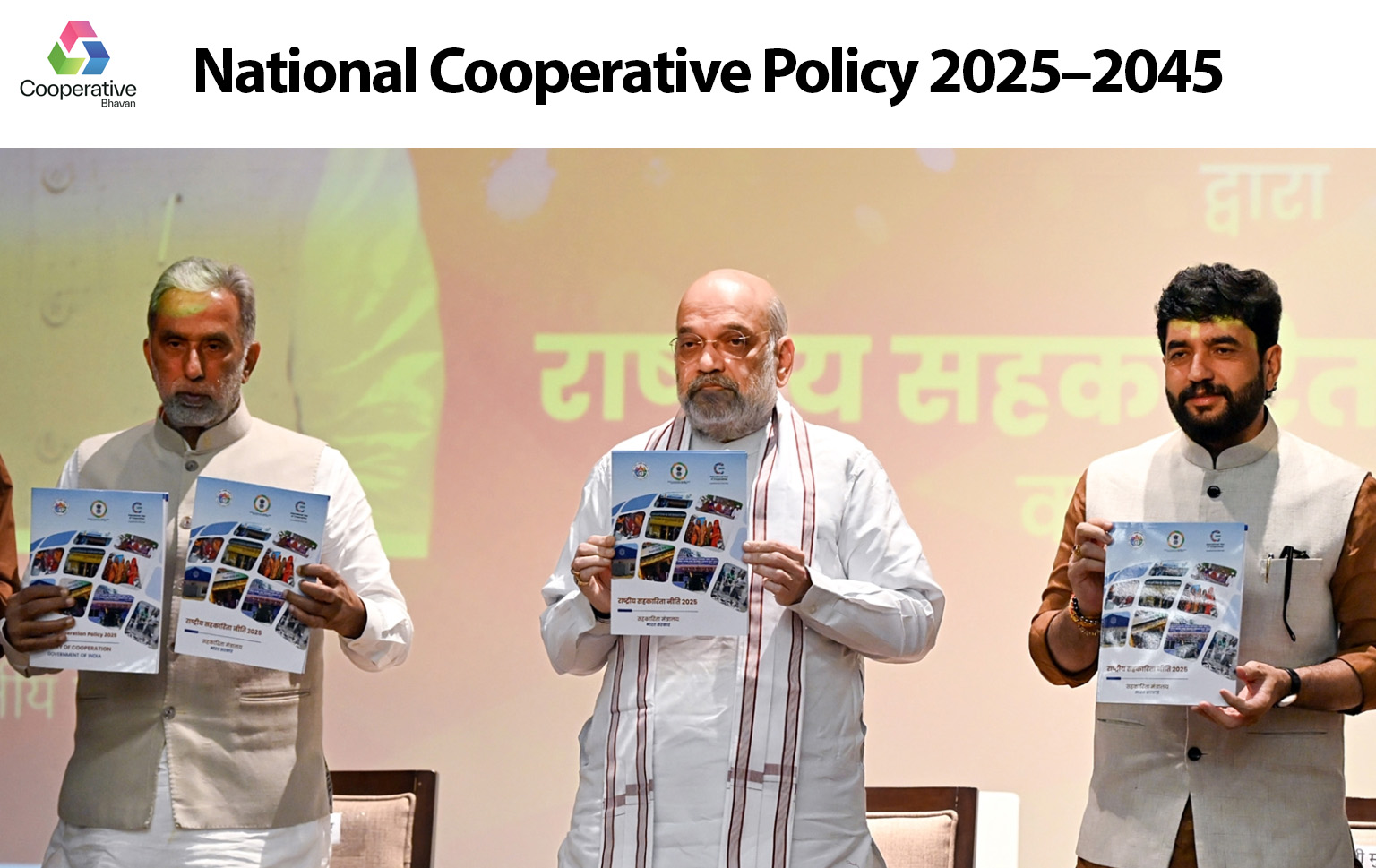

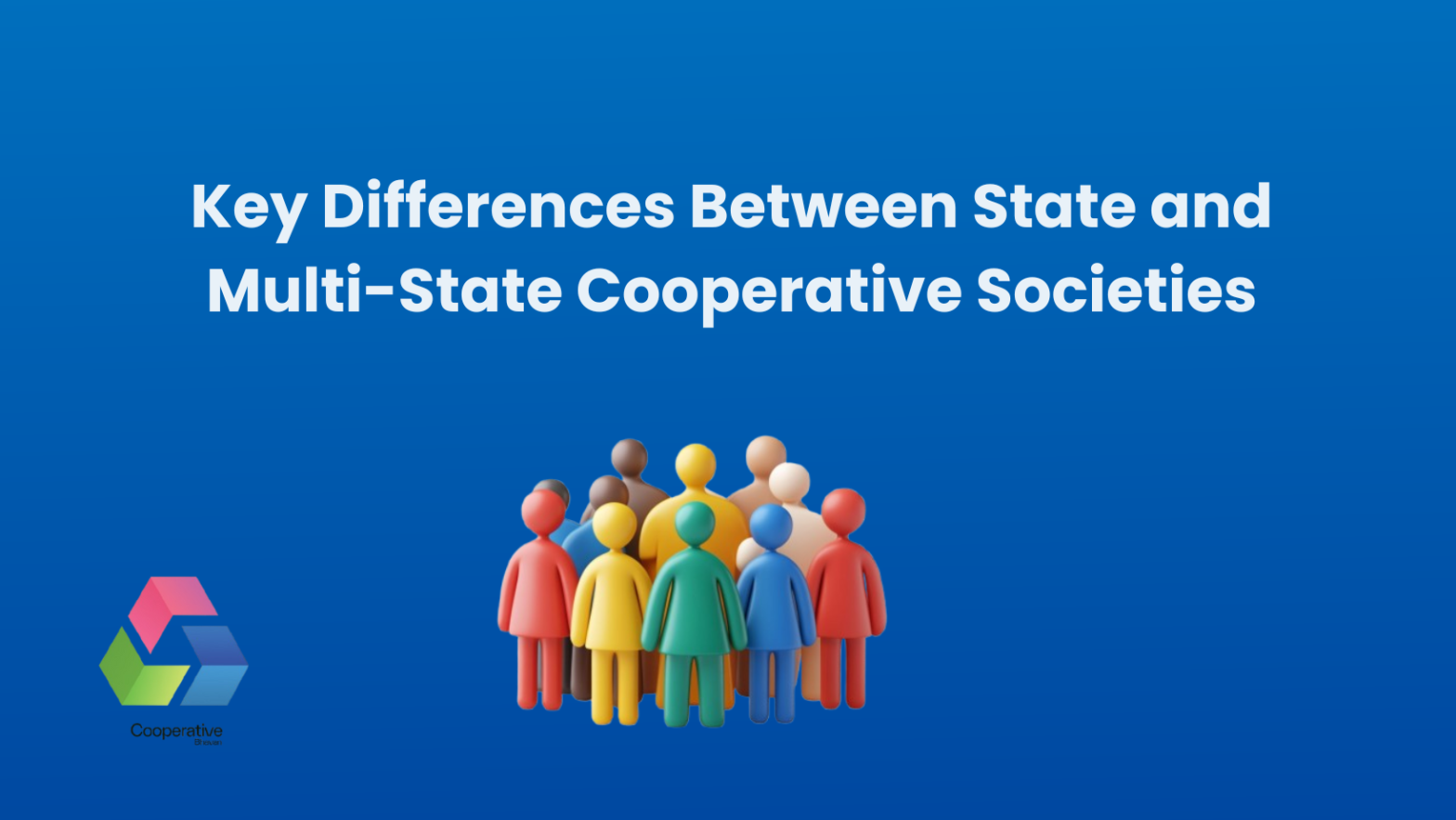
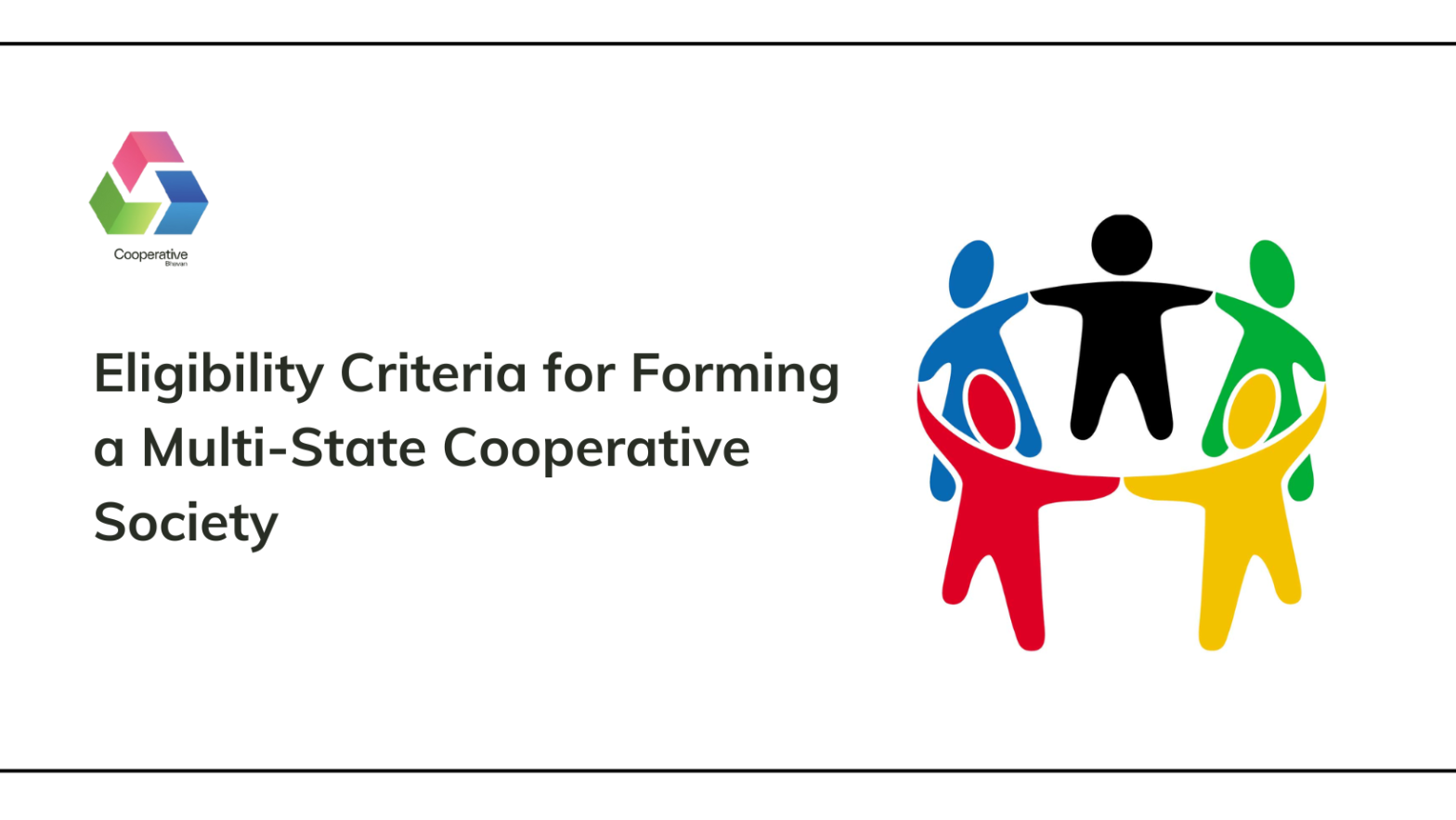
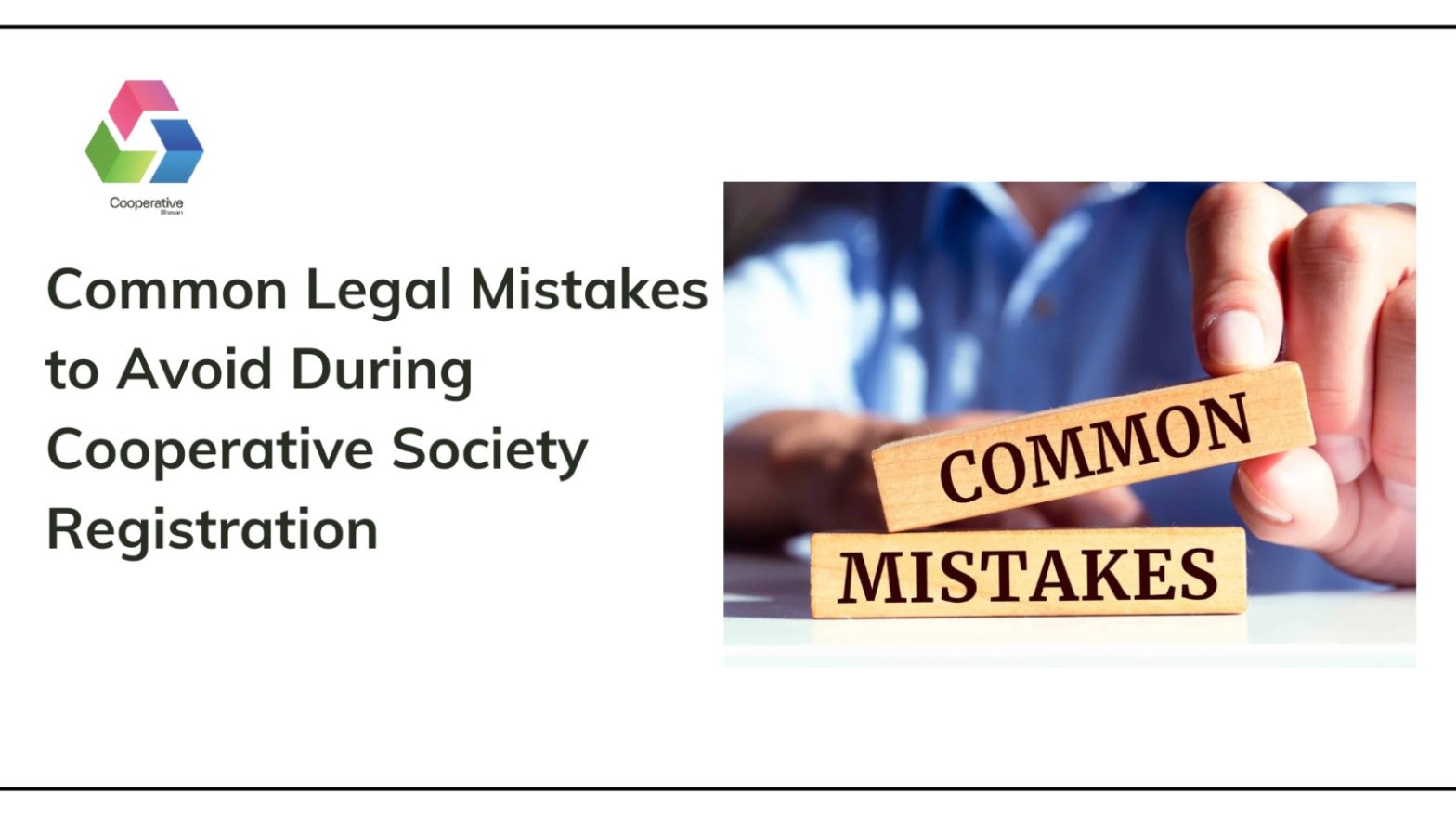






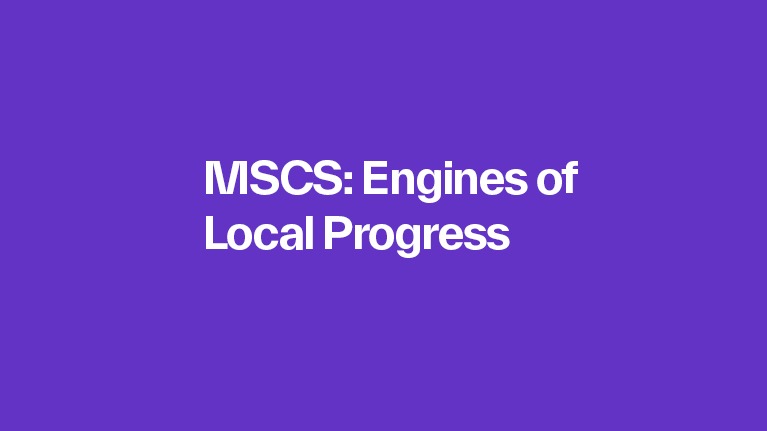




 Mail
Mail  Booking
Booking
 Call
Call